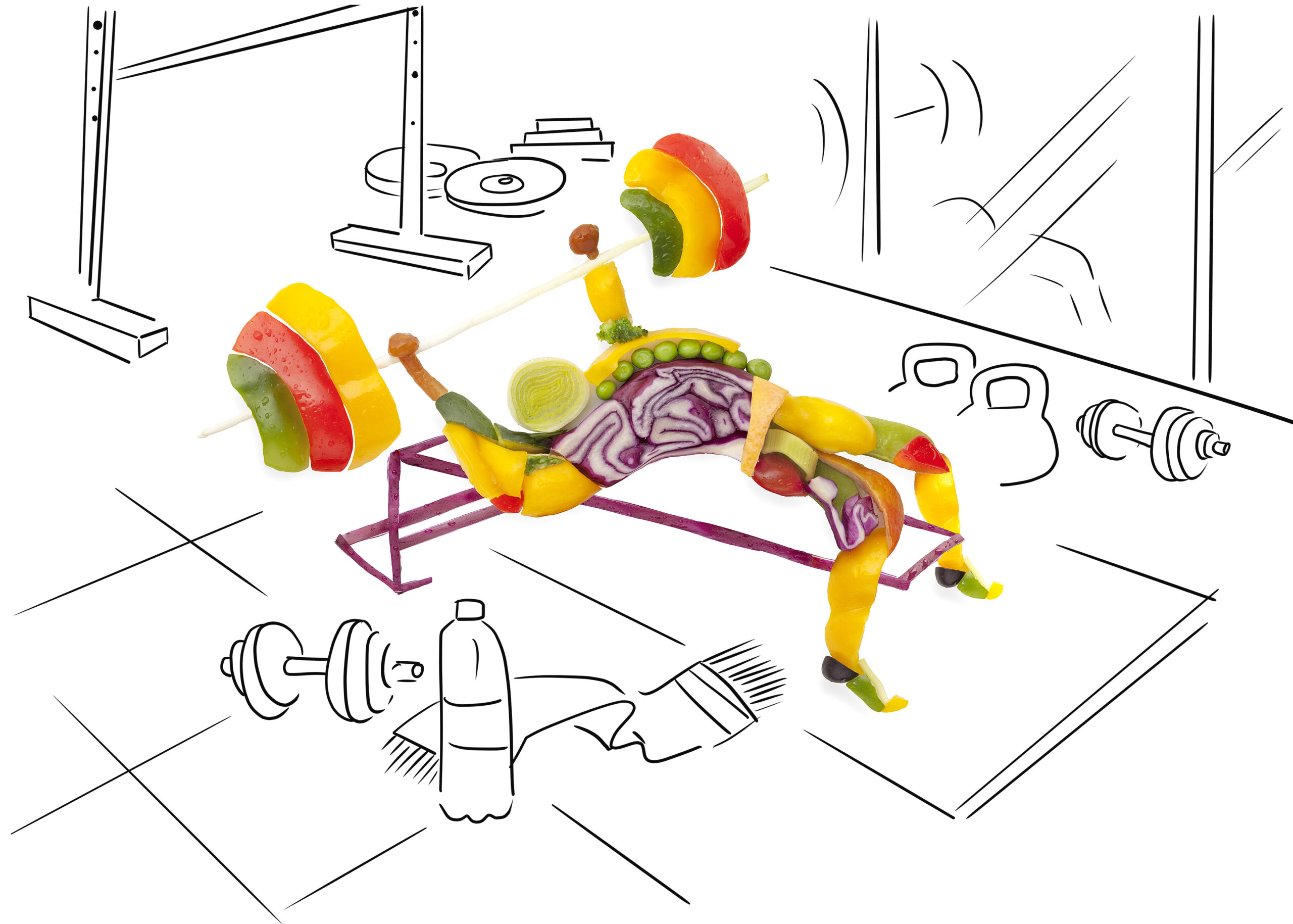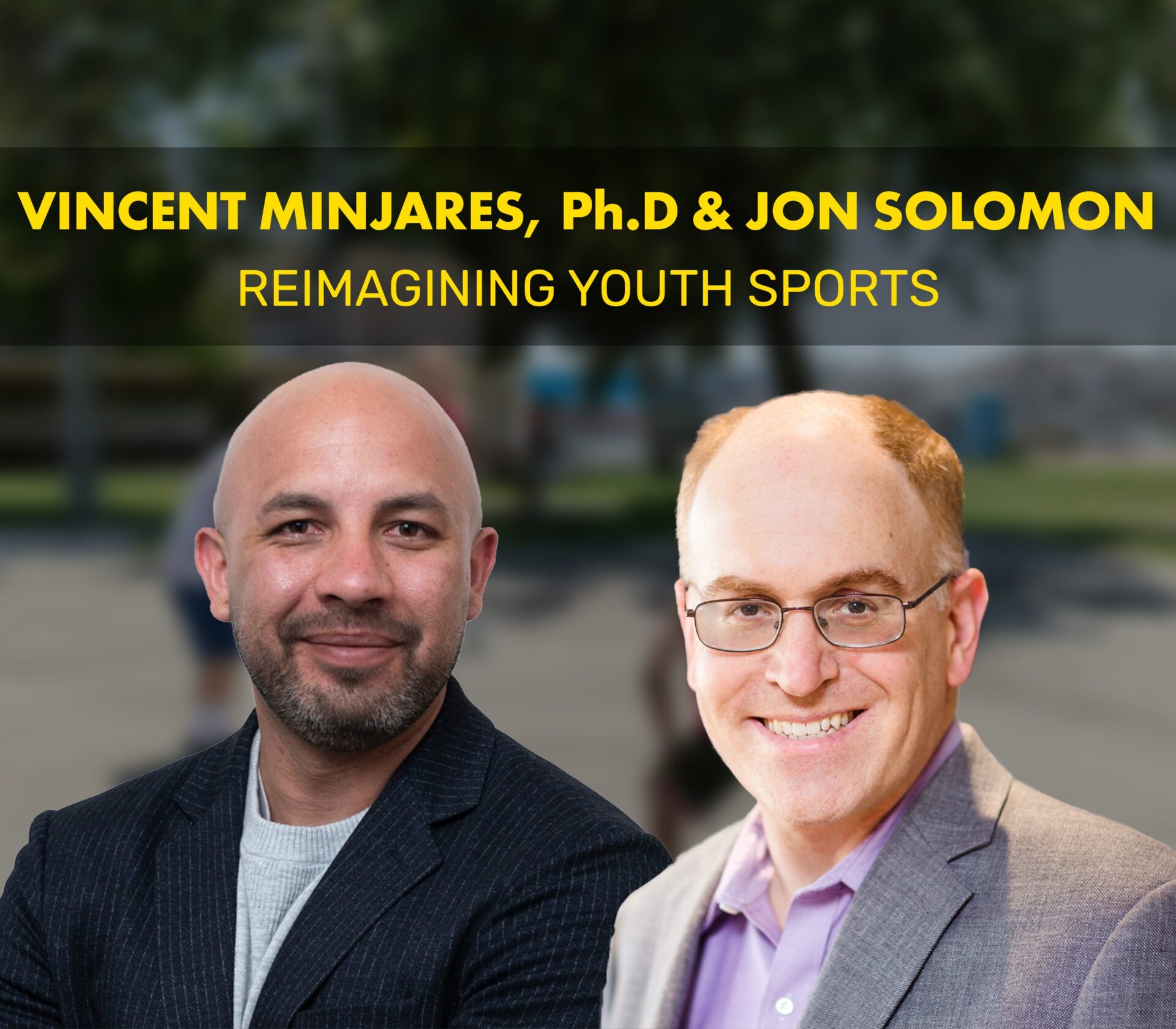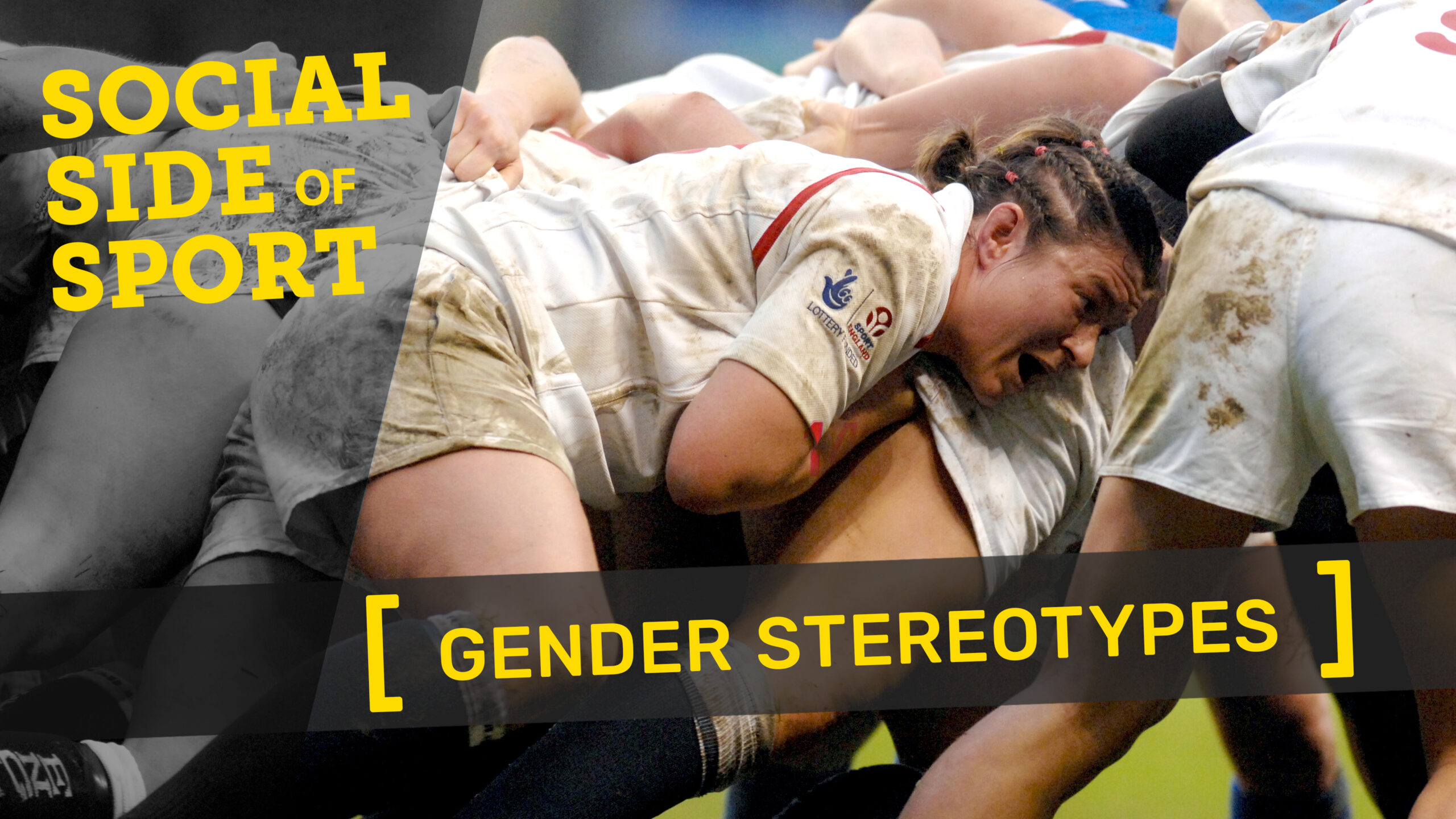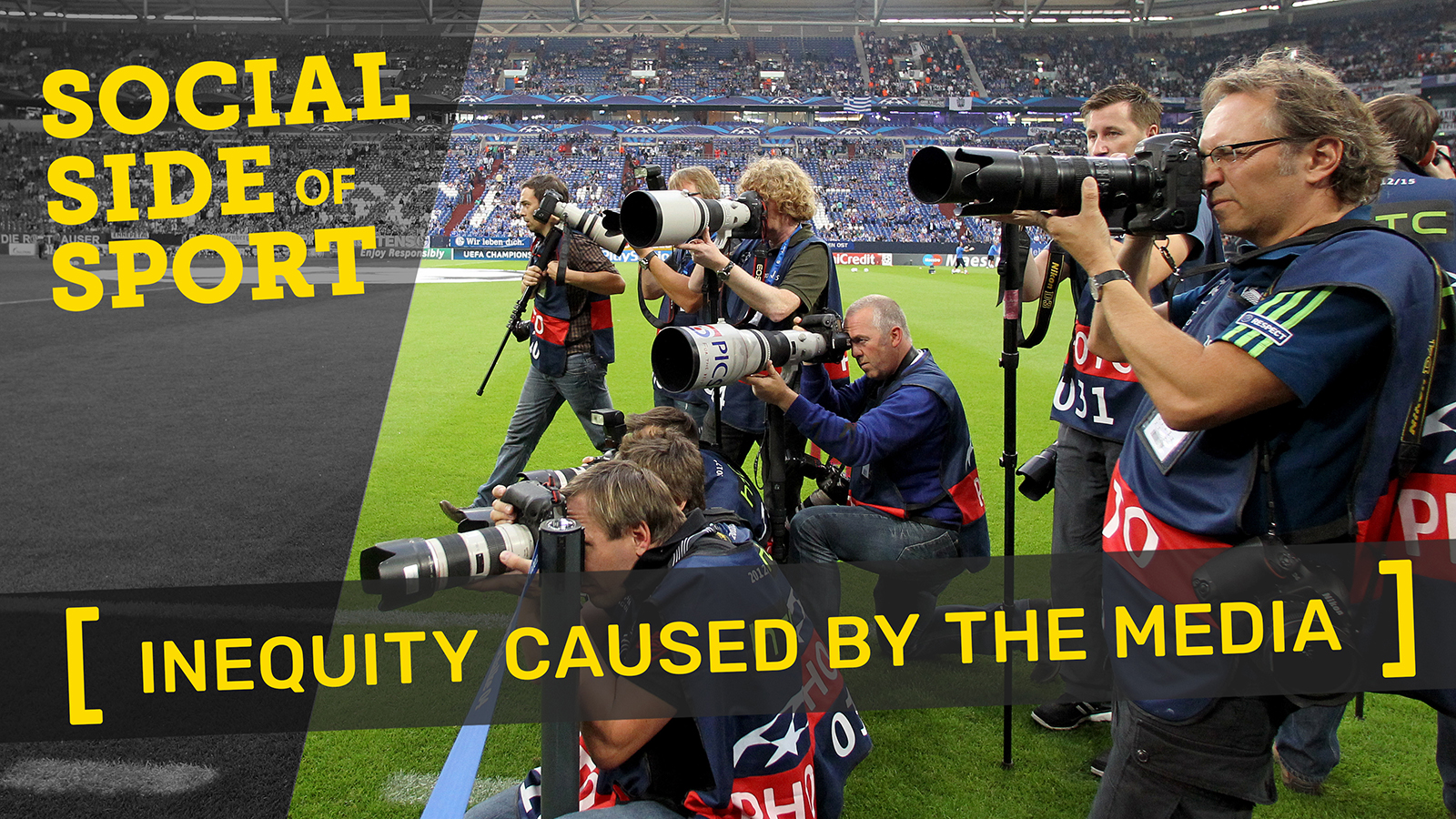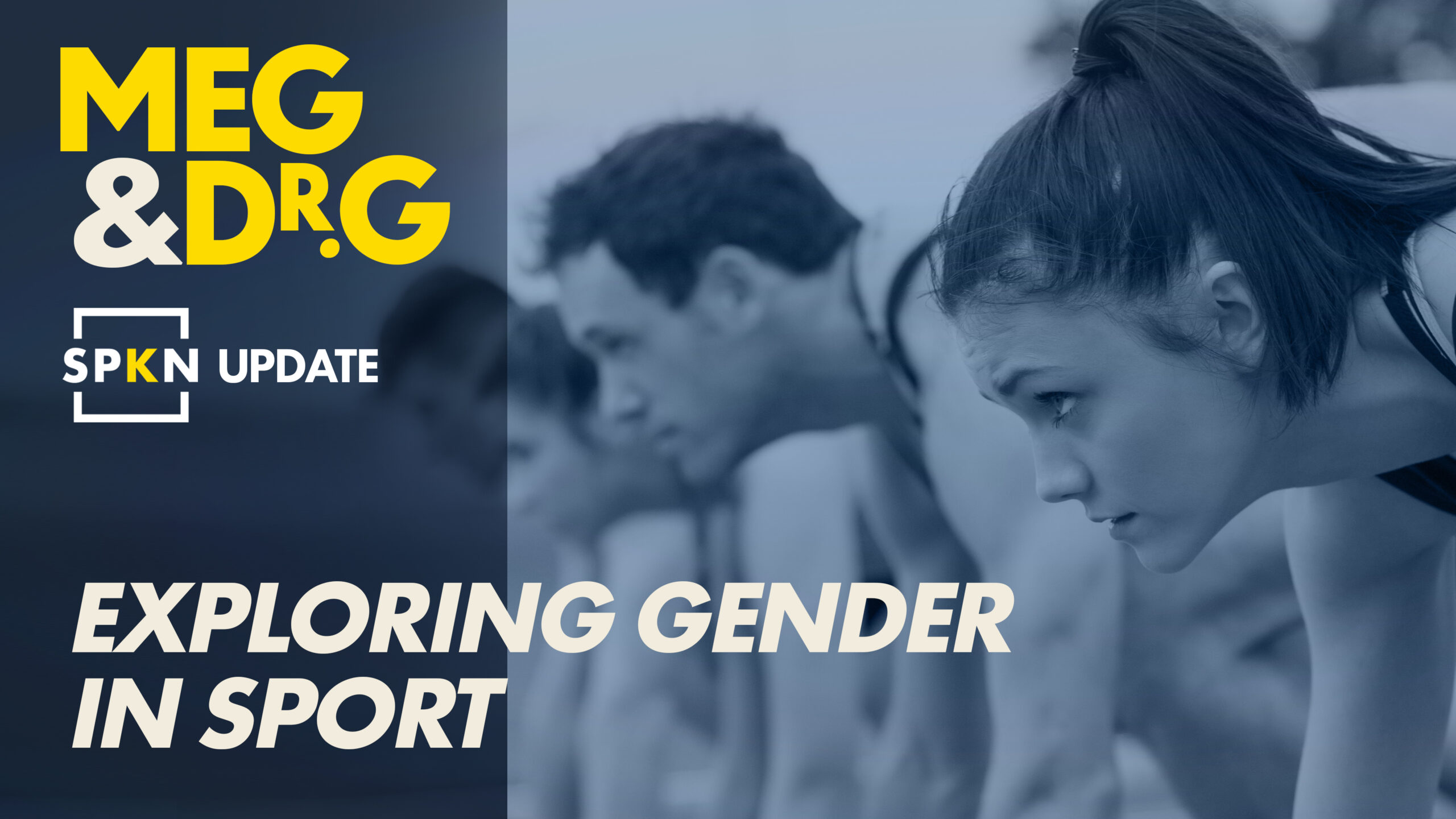Welcome to the Monthly Research Round Up!
The goal of this round up is to provide you, the reader, with a curated place to come learn about the most cutting edge research focused on sport.
In curating this monthly research round-up, a careful selection process is employed to ensure a comprehensive and diverse coverage of the evolving landscape of sports science. The articles featured are chosen based on rigorous criteria aimed at delivering the most impactful and relevant insights across multiple disciplines. Consideration was given is given to articles from journals with:
- reputation in the field
- boasting high impact factors
- a stringent peer-review process to guarantee the quality of published research
- an emphasis was placed on inclusivity
- encompassing various facets within sports science
In choosing the sources to review, the goal was to present a holistic view of the latest advancements, trends, and studies shaping the multifaceted domain of sports science.
Let’s dive in: Links below!
- Effects of early talent promotion on junior and senior performance: A systematic review and meta-Analysis.
- Protein requirements are increased in endurance-trained athletes but similar between females and males during postexercise recovery.
- Impact of a 6-day official tournament on physical demands, perceptual–physiological responses, well-being, and game performance of under-18 basketball players.
- What happens in the prefrontal cortex? Cognitive processing of novel and familiar stimuli in soccer: An exploratory fNIRS study.
- Supervision during resistance training positively influences muscular adaptations in resistance-trained individuals.
- Effects of out‐of‐school physical activity interventions based on self‐determination theory in children and adolescents: A systematic review and meta‐analysis.
- Long-term neurophysiological adaptations to strength training: A systematic review with cross-sectional studies.
- Effectiveness of daily subjective wellness measurements via mobile applications in predicting perceived exertion and training load.
- Understanding the sociocognitive determinants underlying intentions to exercise for postconcussion symptom relief: An application of the theory of planned behavior.
- Predictors and outcomes of sports coaches’ athlete-invested contingent self-worth.




